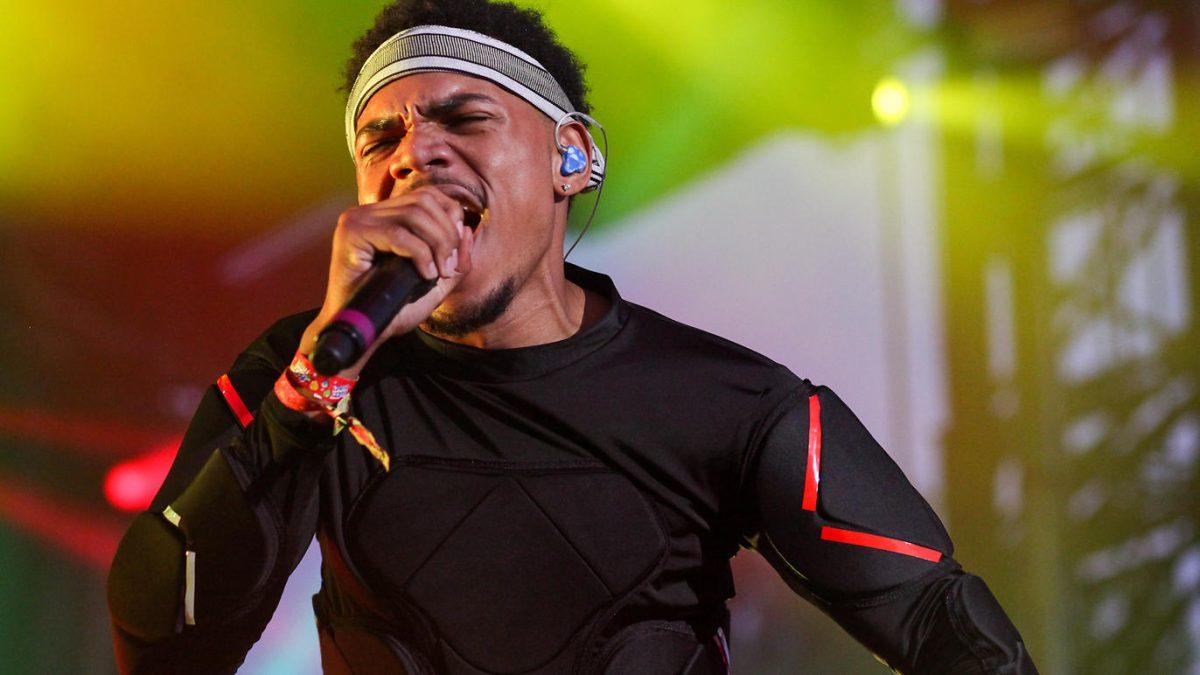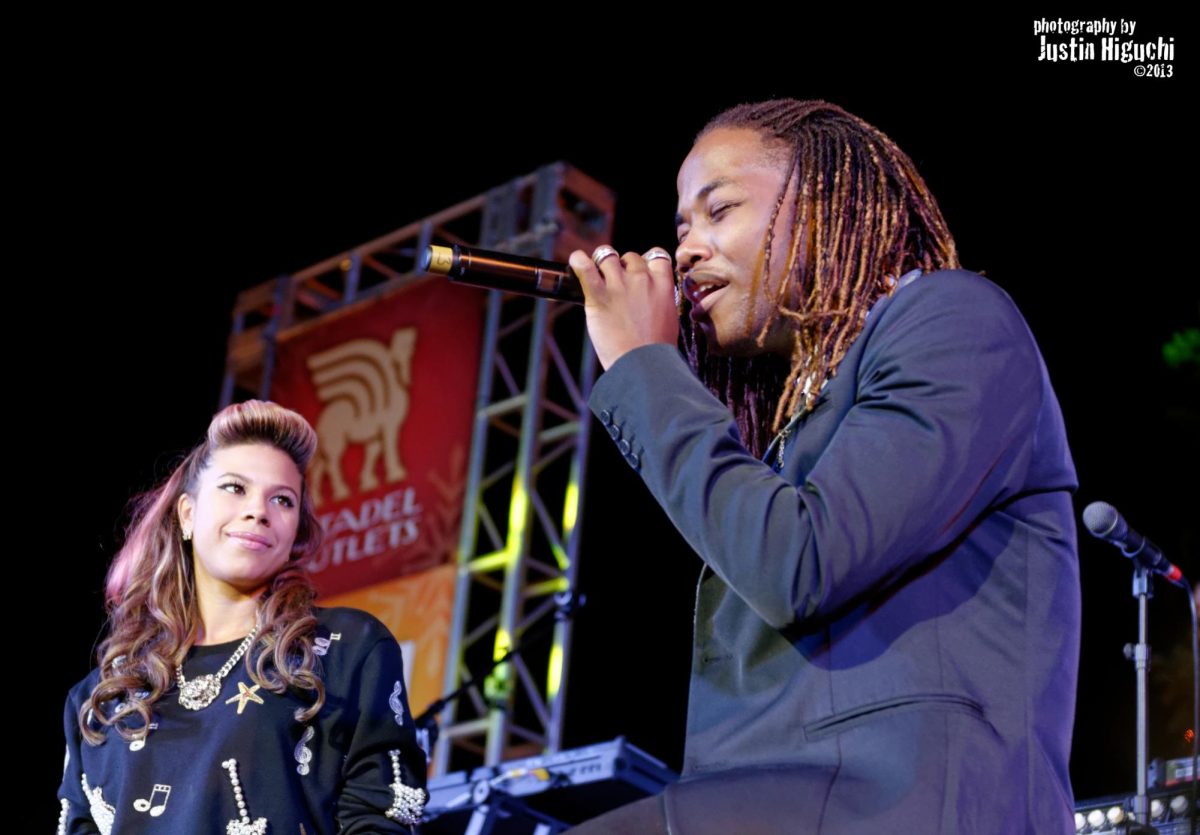Ticket scalping, or the act of reselling tickets at marked up prices, has drawn recent attention. Although legal in most states, ticket scalping is often considered unlawful since scalpers freeload off of producers by reaping producer surplus. This past year, ticket scalpers profited around $60 million off “Hamilton” tickets. Jeffrey Seller, the lead producer of “Hamilton” expressed his frustration with scalpers to the New York Times. “What has certainly been frustrating to me, as a business owner, is to see that my product is being resold at many times its face value and my team isn’t sharing in those profits,” said Seller. “It’s just not fair.” In order to combat scalpers, the producers of “Hamilton” have increased ticket prices. The best seats in the house will now cost $849, a Broadway record. Although this may seem excessively expensive, ticket prices on the secondary market were reaching up to $10,000. Seller explained, “How did I get to $849? By continually monitoring the secondary market and finding out where the average is. If I’m at $849, I think we may succeed in taking the motivation out of the scalpers to buy those tickets.”
The existence of ticket scalpers demonstrates that tickets are too cheap to balance supply and demand. If tickets are sold at market price, scalpers would be unable to sell marked-up tickets. Although producers of “Hamilton” were willing to increase ticket prices, many other artists are not.
Kid Rock takes pride in providing fan-friendly ticket costs. Instead of increasing his prices, he is attempting to beat scalpers at their own game with four simple steps. First, Kid Rock is increasing his supply of tickets by performing more shows. Scalpers can only profit if the demand for the tickets is greater than the supply. Second, he is raising the cost of premium seating to discourage ticket scalpers from claiming the best seats in the house. Third, he is implementing paperless tickets and requiring that fans show their ID and credit card at the door. Finally, he is reserving the first two rows for die-hard fans. “They are not for sale,” Kid Rock told NPR, “I’m tired of seeing the old rich guy in the front row with the hot girlfriend.”
Kid Rock may actually benefit from selling low-priced tickets. His fans may be further inclined to purchase recordings, merchandise and tickets to future concerts. He recognizes this benefit as well and explained to NPR, “If you give people a fair price, I think they’ll feel better about spending their money. They might spend just as much because they don’t feel like someone is trying to get one over on them.”
Like Kid Rock, Chance the Rapper is also working to prevent ticket scalping and has gathered recent media attention for buying back nearly 2,000 tickets from scalpers. The tickets for his performance at the Magnificent Coloring Day music festival had a face value of $75, but were being marked up by scalpers for up to $5,000, a significant increase.
Alongside the direct work of artists, executive actions are also being taken to discourage ticket scalping. On September 21, 2016, the US Senate’s commerce passed a bill that would make violating the integrity of online ticket purchasing illegal. This bill would mainly discourage the use of bots, which allow scalpers to purchase mass quantities of tickets once they become available. Ticket scalping is being fought internationally as well. Since July 2014, a Japanese concert venue has experimented with facial recognition technology to combat scalpers and keep countless tickets from being resold.
Unfortunately, despite the preventative actions currently being taken, it is unlikely that ticket scalping will disappear anytime soon.
Photo courtesy of Hallen Duesenburg




